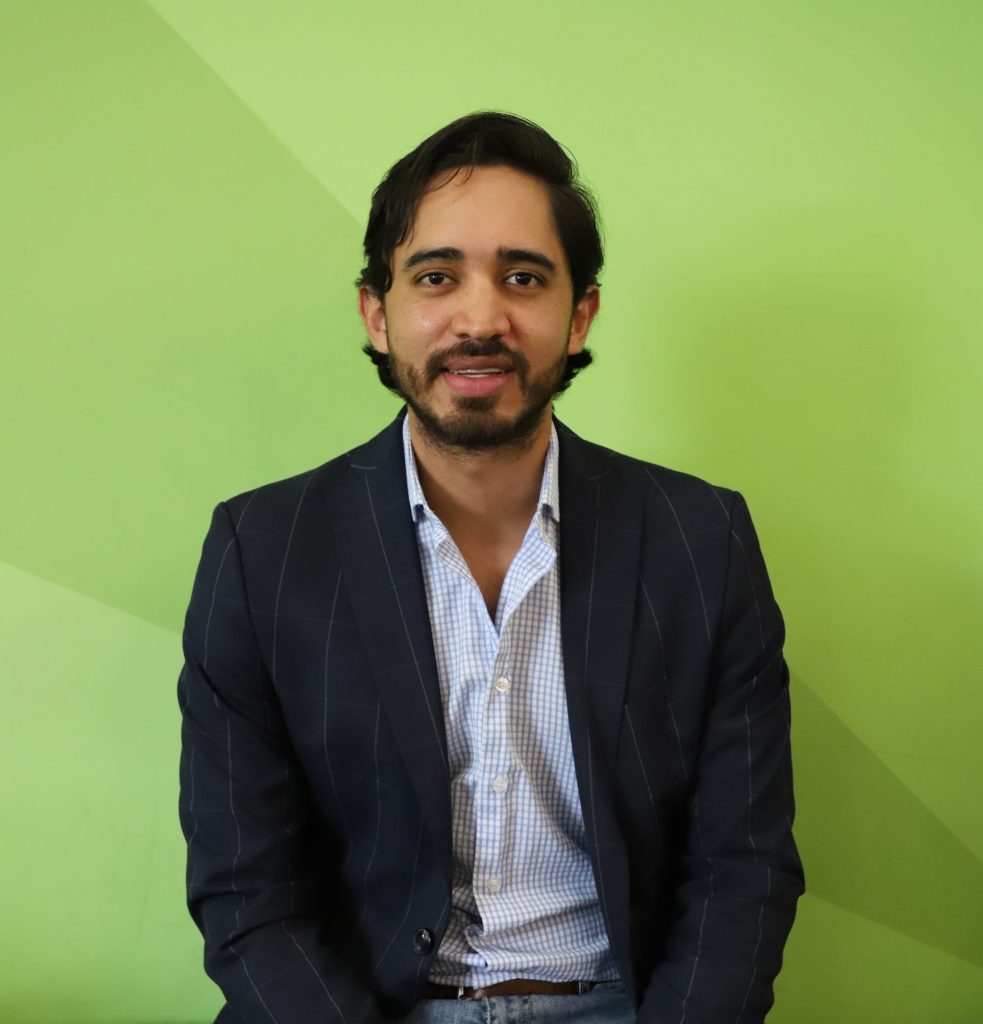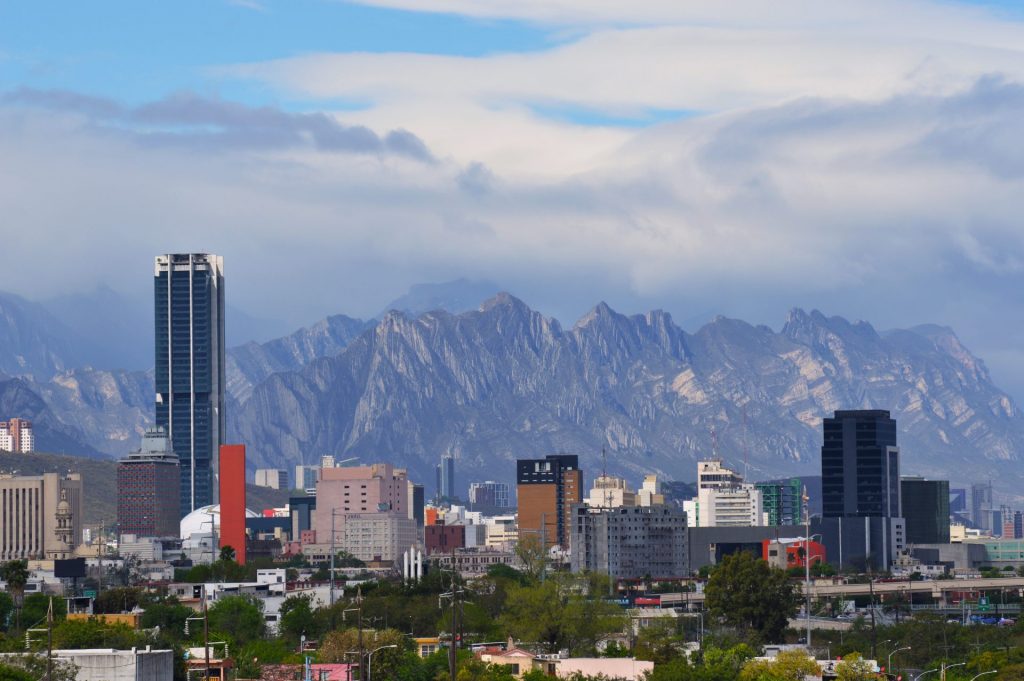From working for Colombia’s Presidency to MBA cohort president, EGADE Business School graduate, Andrés Alba, revelled in the programme experience
‘When I hear about a new venture, I don’t only analyse it from the perspective of revenue or profit, but also from the impact it could have in society,’ says Andrés Alba, a recent MBA graduate of EGADE Business School in Mexico.
In this interview, Andrés talks about the synergies between his experience of working in the public sector, for the Presidency of the Republic of Colombia, and the experiences of those who lead large organisations in the private sector.
Andrés also talks about the reasons behind his choice of EGADE Business School, where he opted for a sepcialisation in innovation and entrepreneurship, as well as what he learned from being elected president of his cohort.
You are a recent graduate of EGADE Business School in Mexico. Tell us more about yourself
I’m from Bogota, Colombia, and I’m 30 years old. I am passionate about storytelling and how communications can enhance two of the most important assets of any organisation, which are reputation and the relationship with its stakeholders.
What is your background and why did you decide to study an MBA?

I did my first degree in political science and government as I believe that humanities are key for interpreting the reality around us. I spent most of my professional life working as a journalist in several mass media organisations in Colombia, until mid-2015, when I started working as a digital communications advisor to the Presidency of the Republic of Colombia. Although I enjoyed this challenging position in the public sector, I wanted to complement this experience with an education in business to further my understanding of organisations from the private sector perspective, and build a more rounded profile.
If you are working in government communications, managing crises is your daily job. Working for a president is like working for the CEO of a country’s biggest company; you have to take care of everything. While a country’s president has to manage areas such as foreign affairs, international commerce or agriculture, a CEO leads in areas such as operations, service, management, leadership, marketing, branding, and service management. I wanted to bring my experiences to Business School while learning from the experiences of others.
My background in humanities has allowed me to understand business, not only from a profit perspective, but also from a societal, political, cultural, and religious point of view. So, when I hear about a new venture, I don’t only analyse it from the perspective of revenue or profit, but also from the impact it could have in society.
What prompted you to choose an MBA with a specialisation in innovation and entrepreneurship?
For me, innovation is a way of tackling problems and entrepreneurship is a way of seeing the world. Particularly, my full-time MBA at EGADE Business School had three main factors that made it attractive to me. It only lasted a year, which meant that I only had to stop working for one year. It was 100% in English; a competitive advantage for a programme located in Latin America. And it was a very international programme. We had the opportunity to experience firsthand the innovation and entrepreneurship ecosystems in Silicon Valley in the US, Israel, and Shenzhen in China. We had a fully immersive experience for a year and now I’m going back to the market equipped with a powerful toolkit that makes me more competitive and ready for leadership positions.
Why did you come to study in Mexico?

Mexico is currently going through some economic uncertainty, but capital continues to flow. This means that there are more opportunities to start a business, or get a job, here than in other parts of Latin America. Proof of this fact is that when big corporations set up operations in Spanish-speaking Latin America, their first step is always Mexico. All you need to do is come here to understand the business environment, and of course, to do your best to be competitive.
What are the most valuable things you learned during your MBA?
Every class was like discovering a new world. From my first class in finance, when I saw a financial statement for the first time, to my final class in operations that was more related to engineering, a totally unknown field to me. However, I would highlight the focus on innovation and entrepreneurship which provided a mindset and tools that will allow [my classmates and I] to be hands-on professionals that are capable of facing all kinds of challenges, across every kind of sector.
In terms of my individual interests, the MBA taught me how integral communications are for businesses and organisations. This can no longer be a side activity since communications have the potential to create value and must therefore be considered a core activity that helps in keeping a friendly relationship with all stakeholders, including shareholders, employees, the market, government, public opinion, media, and opinion influencers.
What is the most important lesson you learned as the elected president of your MBA cohort?
Having the honour of being elected cohort president by my classmates at the start of the MBA has been one of the greatest experiences of my life. One of the main lessons for me was that you are not alone in a leadership position. You have to keep listening to the people you are representing at all times. It was a challenging position because the group I represented had really high expectations, and you have to be aware of your responsibilities, as well as your reach and your limitations.
The role was similar to receiving senior training in leadership. Of course, when you are exposed, you make a lot of mistakes, but you also learn to take decisions despite the pressure and get things done.



